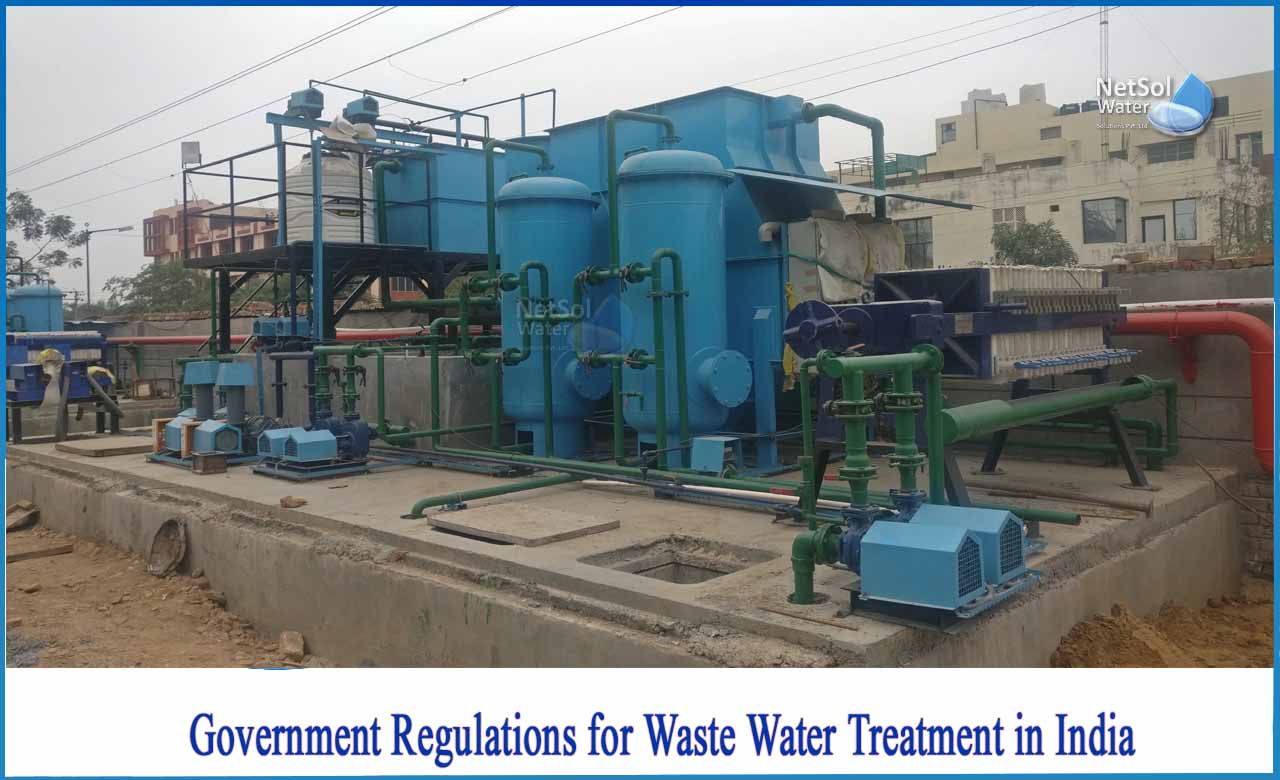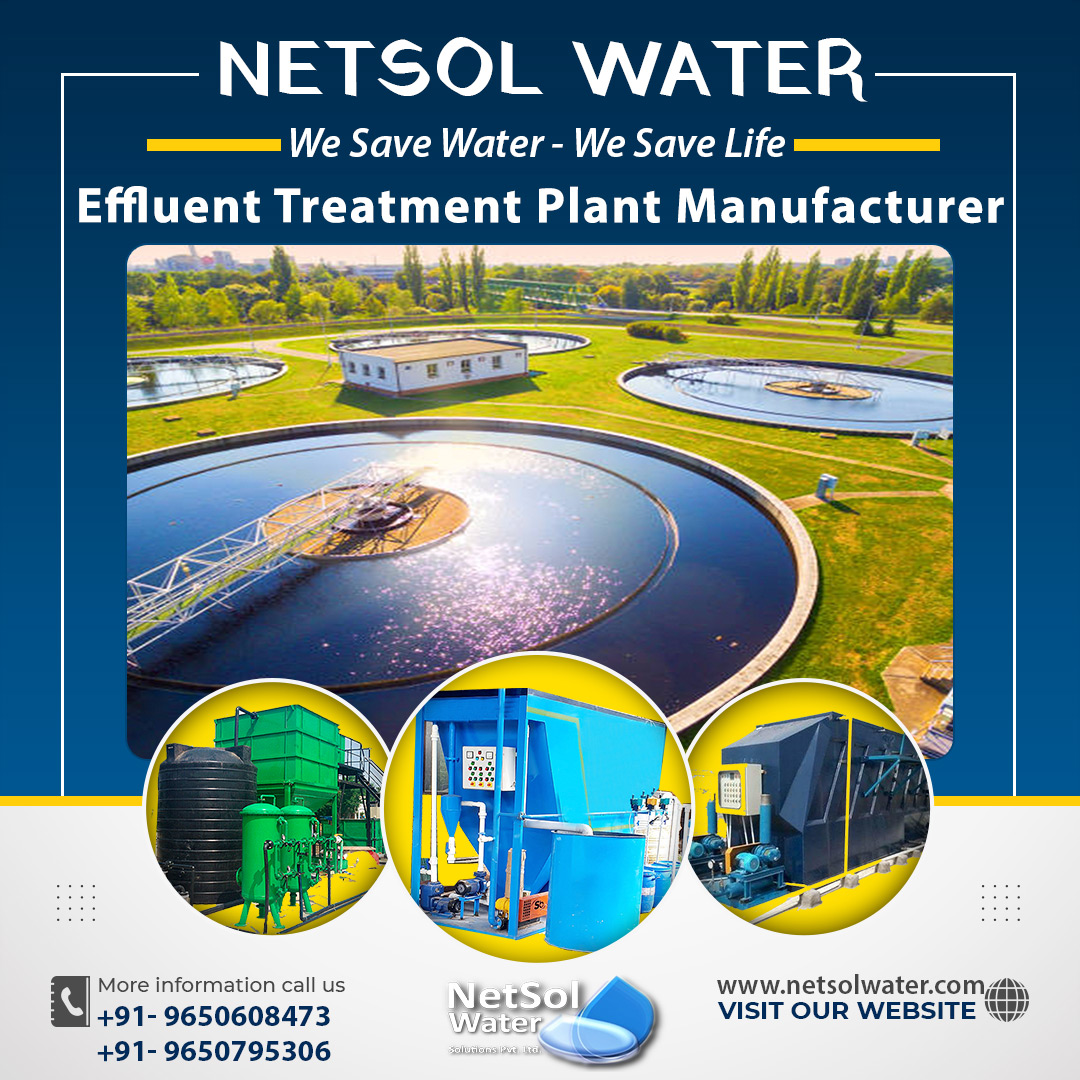What are the Government regulations for WWTP in India?
1.7 million Tonnes of faeces are produced daily in India. According to official figures, 78% of the wastewater produced remains untreated and is disposed of in rivers, groundwater, or lakes. The two main causes of water pollution are sewage and industrial waste. As both India's population and industrial landscape grow at an astonishing rate, so does the amount of wastewater. In addition to this, there is a reduction in freshwater sources such as rivers, wells and groundwater.
Wastewater standards were created for technical and economic reasons. This is called the National Minimum Standard (MINAS). Standards based on the absorption capacity of the environment that accepts waste are called site-specific standards (LSS). MINAS was developed for various industrial sectors based on the work.
Water Law of 1974 (Pollution Prevention and Management), revised in 1988
This law was enacted to prevent and control water pollution and to maintain or restore the health of water. It also stipulates the establishment of an organization to control water pollution. The 1977 Wastewater (Pollution Prevention and Management) Act was revised in 2003.
The law requires consumers working in industries subject to the provisions of installing meters to determine the amount of water used by the law. The industry should also include operations, processes, treatment and disposal systems that use water and generate wastewater.
Currently, only one-third of India's wastewater is purified, leading to high levels of exposure to water-borne diseases. City access to water is high on average, but significant gaps remain across the country, with wastewater treatment remaining at around 33% on average nationwide. Large wastewater producers (Punjab, Maharashtra, Gujarat, UP) may be able to treat 65-100% of the city's wastewater. Nevertheless, many populous states such as Madhya Pradesh, Bihar and Andhra Pradesh have sufficient capacity to treat less than half of the wastewater. In addition, the north-eastern and some Himalayan states have little or no therapeutic capacity.
The Water Pollution Control Act was passed in 1977, allowing various authorities to charge for water taken for industrial or household use. This was done to expand the board's resources so that the board could function effectively.
In 1986, the Environmental Protection Act (EPA) was passed by Parliament. This is a central legal act of the Ministry of Environment and Forests, empowering the state government to enforce the law. Several wastewater and emission standards have also been created specifically for various industrial sectors within the framework of the EPA. These standards differ from MINAS in some aspects / parameters. In these situations, PCBs usually require the industry to comply with the more stringent of the two standards.
Impact of increased wastewater
>Adverse effects on rivers and marine life
>Lack of drinking water
>Water sources are rich in certain harmful chemicals, some of which are chronic
>Groundwater obstacles
>Soil contamination
>Chronic increase in health associated with toxic chemicals such as lead and mercury in all organisms
>Increased pollution in coastal areas
>Legal mechanism of wastewater regulation in India




